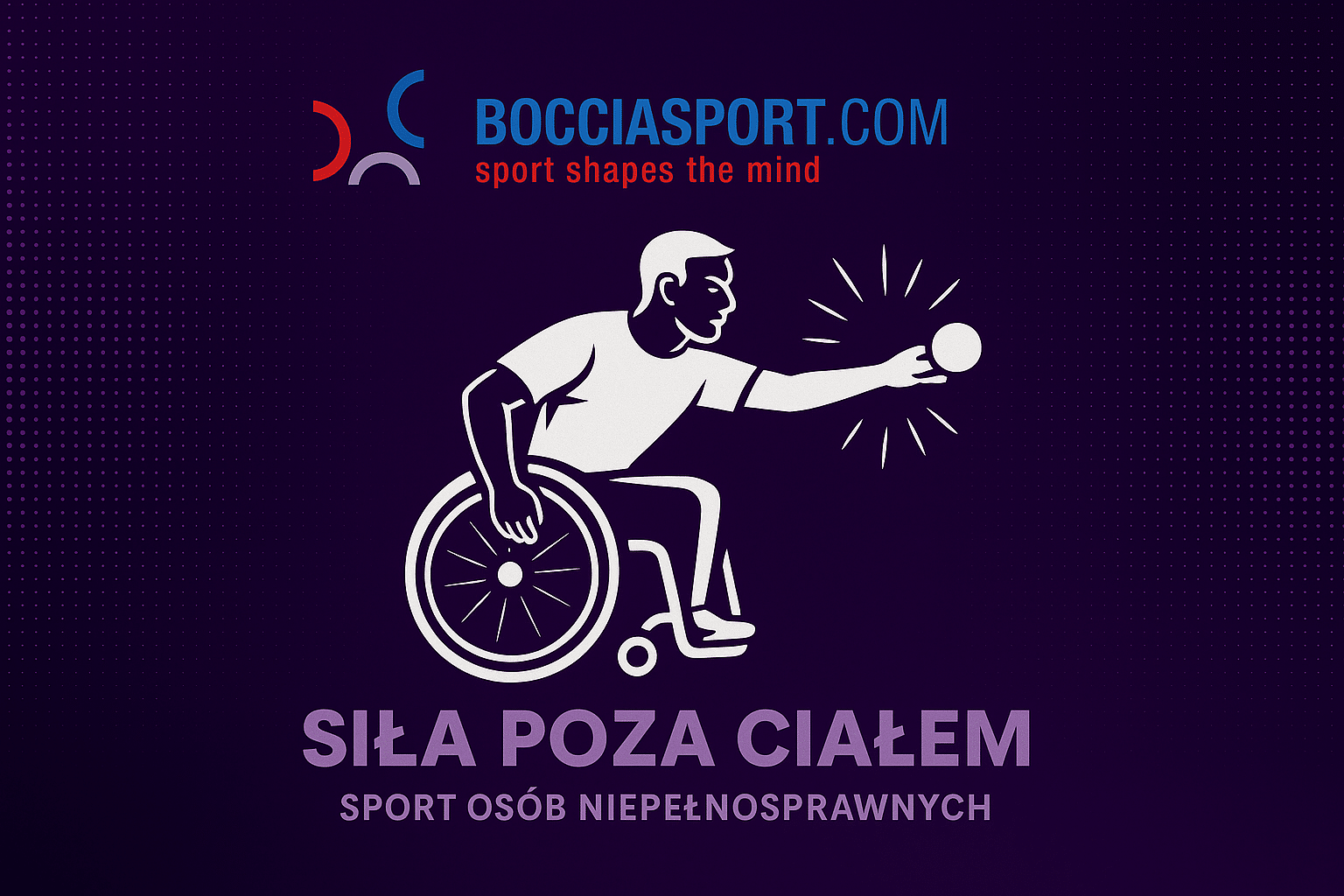Scientific Insights in Adaptive Sports
International Journal of Sport and Disability Studies
Sports Coaching in Unified Sports: Associations Between Perceived Athlete Improvement, Barriers, and Coach Attitudes Across Five European Countries
Authors:
Dr. Anna Kowalska¹, Dr. Matteo Rossi², Dr. Lena Schneider³, Dr. João Pereira⁴, Dr. Emma Nilsson⁵
Affiliations:
¹ Department of Adaptive Physical Activity, University of Warsaw, Poland
² Faculty of Sport Sciences, University of Bologna, Italy
³ Institute for Inclusive Sport, Heidelberg University, Germany
⁴ Centre for Human Performance and Adapted Sports, University of Lisbon, Portugal
⁵ Department of Health and Sports Studies, Uppsala University, Sweden
Corresponding Author:
Dr. Anna Kowalska
University of Warsaw
Email: anna.kowalska@uw.edu.pl
Abstract:
This study explores the relationships between coaches’ attitudes, perceived athlete improvement, and structural barriers in the context of Unified Sports programs across five European countries. The research aims to deepen the understanding of how coaching approaches, resource accessibility, and social perceptions influence the development and inclusivity of athletes with and without disabilities participating together. Data were collected through mixed methods — a quantitative survey among 312 coaches and qualitative interviews with 25 professionals engaged in adaptive and unified sport initiatives.
Results indicate a significant positive association between coaches’ inclusive attitudes and their perception of athlete improvement, independent of country-specific factors. However, differences emerged regarding institutional support, financial stability, and access to specialized training for coaches. The findings underline the importance of educational programs that foster inclusive coaching philosophies and enhance intercultural competence in adaptive sports.
By analyzing multiple national contexts, this research contributes to a broader understanding of how unified sports can bridge social divides and promote equality through evidence-based coaching. The paper highlights practical implications for policymakers, federations, and educators working toward sustainable, inclusive models of sport development in Europe.
Keywords:
Adaptive Sports · Unified Sports · Coaching Attitudes · Para Sport · Inclusion · Athlete Development · Europe
Citation:
Kowalska, A., Rossi, M., Schneider, L., Pereira, J., & Nilsson, E. (2025). Sports Coaching in Unified Sports: Associations Between Perceived Athlete Improvement, Barriers, and Coach Attitudes Across Five European Countries. Scientific Insights in Adaptive Sports, Vol. 7, No. 2, pp. 45–63.
Publisher:
European Society for Adaptive and Paralympic Sport Research (ESAPSR)
© 2025 All rights reserved.
Maciej Wilski, Piotr Urbański, Roxana Ossian, Gabriela Papp Eniko, Nina Bracanovic Milovic, Ivan Radovic, Veronica Sedlackova, Eva Gazova, Nadira Sabanovic, Kada Delic Selimovic, Velibor Srdic, Srboljub Vukovic, Damir Ahmic, Vaiva Abramaviciute, Daiva Dabriliene, Ausra Kriskovieciene, Anna Nadolska
rally rated highly, did not significantly predict coaching attitudes. Interestingly, coaches with prior experience working in disability sports and those with familial relationships to participating athletes expressed more skeptical views, suggesting that emotional involvement or cumulative exposure may introduce attitudinal strain. Although institutional, social, and logistical barriers to Unified Sports were …

